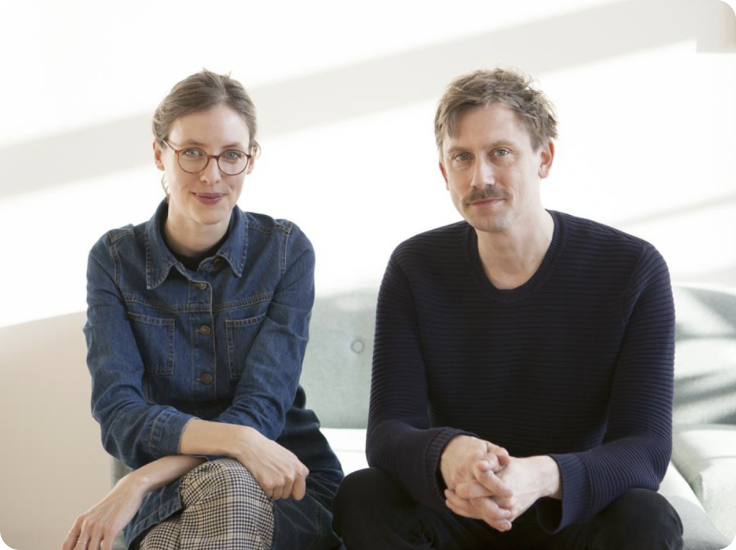

Many have sought help successfully through finding a qualified and compassionate psychotherapist to help with Obsessive compulsive disorder (OCD). Seeking professional help is a key step in understanding what you need to gain more stability in everyday life and how to integrate healthy coping mechanisms into your daily routine. To learn how to go about selecting the perfect therapist, read our guide here.
It's not unusual to feel slightly overwhelmed when choosing a type of therapy. These feelings are completely normal and can be part of the initial stages of seeking therapy. It's important to remember that finding the right fit for you is crucial, and it may take some exploration and open communication with potential therapists to discover the approach and therapist that aligns best with your needs and preferences. Trusting your instincts and being patient with yourself throughout this process can help alleviate some of the overwhelm and lead to a smoother therapeutic journey. If you need additional help in finding a qualified practitioner, It's Complicated offers a free matching service, where our in-house therapists will try to find the best match for you based on your individual needs and preferences.
Search for practitioners who specialise in Obsessive compulsive disorder (OCD) and many other approaches in the search tool here in our directory of licensed professionals. For many of us, there's never a more important time than now to nurture our mental health. If you are interested in therapy to assist you in improving your life quality, our platform features over 2,500 mental health professionals from 50+ countries. Counselling is also available in almost 100 languages, both online and in-person, making the search for an accredited psychologist who is knowledgeable about Obsessive compulsive disorder (OCD) much less complicated.